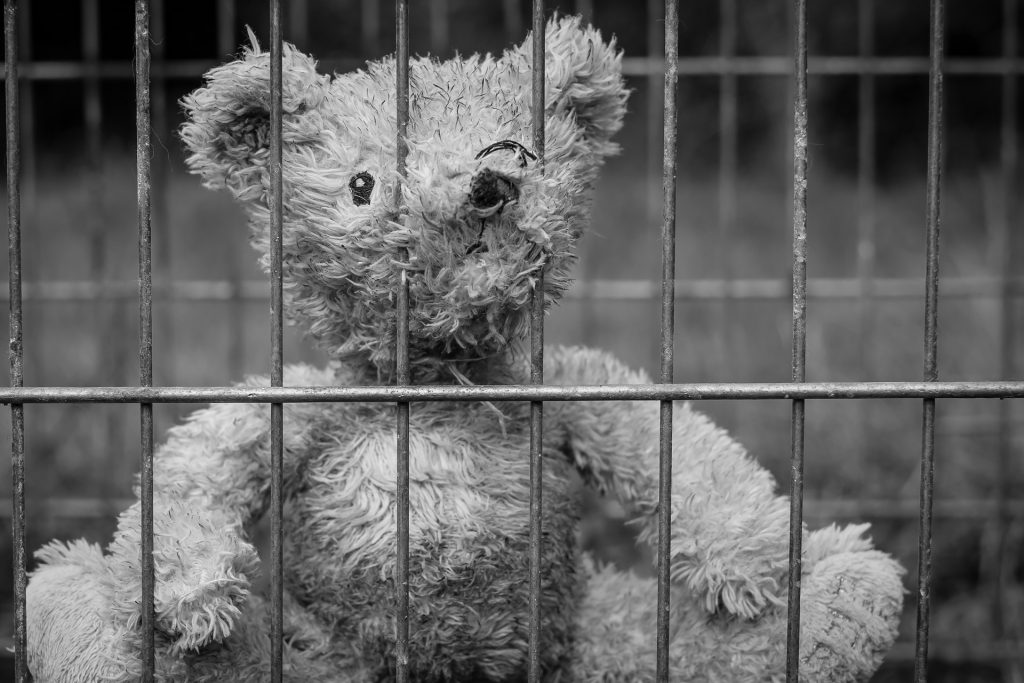The ACT is set to be the first Australian jurisdiction to vote to bring its laws in line with United Nations standards, supporting raising the age of criminal responsibility from 10 to 14, hailed by justice campaigners as a “huge win” for the rights of children.
The Legislative Assembly voted in favour of a motion showing in-principle support for the move, with Labor committing to changing the law if it wins October’s election. In amending any legislation, consideration should also be given to medical evidence on the cognitive capacity of children over 14, and there should be options to shift the age or provide exemptions for more serious criminal offences.
The ACT parliament agreed that “there is desirability of national consensus on the minimum age of criminal responsibility, but that this does not prevent a jurisdiction from making an independent decision to raise the age.”
In NSW, however, Attorney General, Mark Speakman, said that a decision on raising the age had been deferred to 2021 to allow for more work to be done on examining alternatives to imprisonment.
When can a young person be held liable for an offence?
10 years and below: not liable
The age of criminal responsibility in Australia is 10. This means that children under the age of 10 cannot be found guilty of a criminal offence.
In NSW the age of criminal responsibility is outlined in section 5 of the Children (Criminal Proceedings) Act 1987 (NSW).
10 years – 14 years: presumed incapable of committing a crime
Children aged between 10 and 14 are presumed to lack the capacity to commit a criminal offence. This presumption is called doli incapax.
If the prosecution wants to charge children in this age bracket, they will need to rebut the presumption of doli incapax.
14 years and above: liable
Young people aged 14-17 can be held criminally liable for their actions.
Review of the Minimum Age of Criminal Responsibility
At present, there are almost 600 children aged between 10 and 13 in detention in Australia, with more than 60 per cent Aboriginal or Torres Strait Islander children.
Australia has been criticised by the United Nations for what is internationally regarded as a low age of criminal responsibility.
The UN is of the position that 12 years of age should be the absolute minimum age for which a child can be held criminally responsible for their actions.
The result of this has been a national campaign, #RaiseTheAge, and petition to raise the age of criminal responsibility from 10 to 14, in line with other jurisdictions around the world. This has been backed by a coalition of legal, medical and social justice organisations including National Aboriginal and Torres Strait Islander Legal Services, Australian Indigenous Doctors Association, Change the Record, Human Rights Law Centre, Law Council of Australia, Amnesty International Australia, Australian Medical Association, Royal Australasian College of Physicians and Public Health Association of Australia.
Key Takeaways
- The ACT aims to align its laws with UN standards by proposing to raise the age of criminal responsibility from 10 to 14.
- This change is seen as a significant step forward by justice campaigners for children's rights.
- If the motion is successful, exemptions and considerations for serious crimes involving children over 14 will be explored.
- The move seeks a balance between national consensus and the jurisdiction's autonomy to enact reforms independently.
- Currently, nearly 600 children aged 10 to 13 are detained in Australia, with a significant proportion being Indigenous.
- The UN criticizes Australia's low age of criminal responsibility, suggesting 12 as the absolute minimum.
- A national campaign, #RaiseTheAge, supported by a broad coalition, advocates for this change to protect children's rights and promote rehabilitation over criminalization.
Arguments to #RaiseTheAge
The National Children’s Commissioner has made recommendations about the age of criminal responsibility to the UN Committee on the Rights of the Child as part of its consideration of Australia’s periodic report on the implementation of the Convention on the Rights of the Child (CRC).
While it is recognised that offending by young children should not go unaddressed, criminalising children for their behaviour at such a young age is largely ineffective at preventing future offending behaviour. This is also counter to human rights.
Whilst it is acknowledged that raising the age of criminal responsibility alone will not solve the problem of youth offending, it will allow for new approaches to be adopted in dealing with the young offenders and can be focused on their welfare, preventing future offending and reducing the risk of recidivism.
This would also provide a means of reforming the youth justice system to apply children’s rights, particularly for Aboriginal and Torres Strait Islander children and those with a disability who are overrepresented in our youth justice statistics.
If you need advice or representation for a criminal matter please contact Hamilton Janke Lawyers 24 hours a day, 7 days a week on 4038 1666.
Written By

James Janke
James Janke is founding partner at Hamilton Janke Lawyers, and has more then decade of experience as a Criminal Defence Lawyer. Admitted to both the Supreme Court of New South Wales and High Court of Australia




